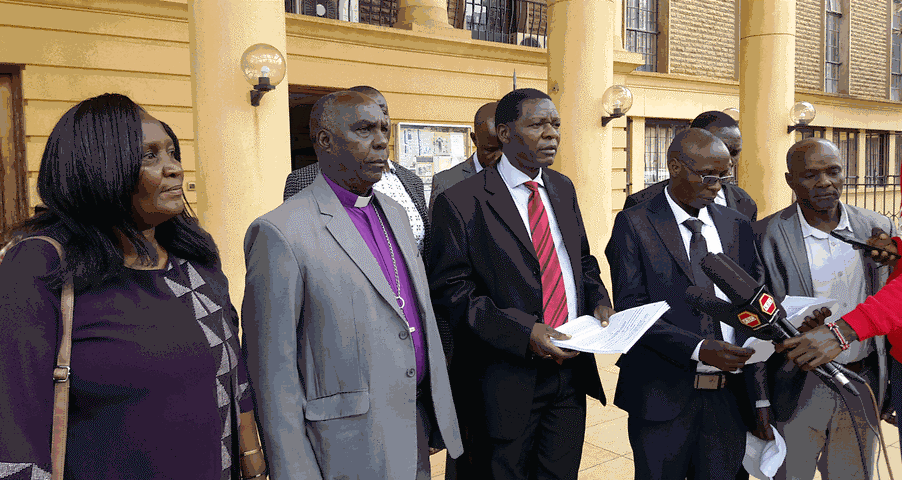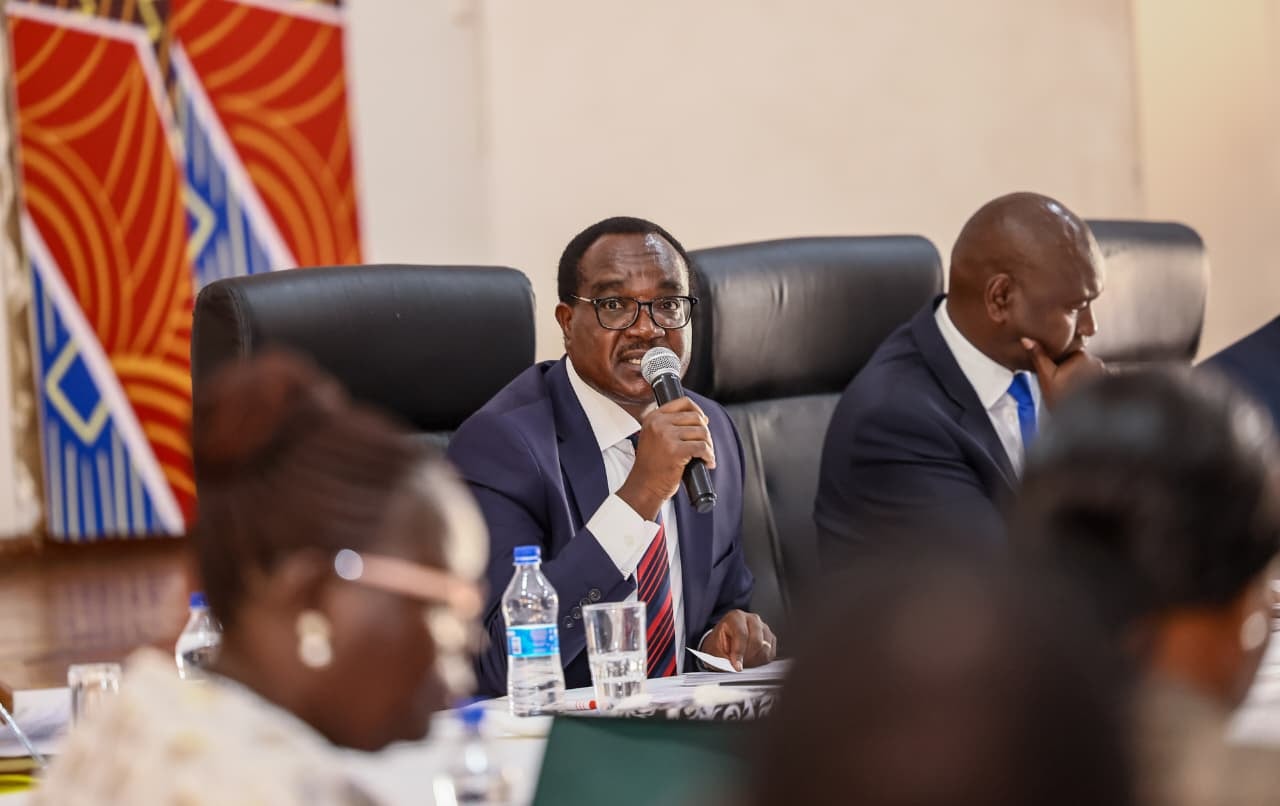Parents made various proposals on how Comprehensive School can be made successful to address the myriad challenges faced by Junior Secondary Schools (JSS).
This is contained in a presentation titled ‘Learning from the JSS Experience: The Challenges and opportunities for effective Comprehensive Schools’ by The Kenya National Parents Association (NPA), National Chairman David Silas Obuhatsa.
The proposals were presented by the association during the 2023 Kenya Primary School Headteachers Association (KEPSHA) conference in Mombasa early this month.
The association argues that for successful transition to Comprehensive School system, a 5-year multi-agency approach needs to be considered by the government.
In this, the Teachers Service Commission (TSC), Ministry of Education (MoE), National Treasury, Parliament and Teacher Training Colleges (TTCs) must be engaged; which will help in tackling the challenge of system preparedness.
In tackling the challenges of changes of management and its related gaps, the association has urged the MoE to consider centralized coordination and delegations with clear guidelines and budgets.
Obuhatsa noted that the role of parents in education will become even more pronounced as Competency-Based Curriculum (CBC) enters its transition towards Senior School and college.
“CBC is built on a several foundational pillars, among them a crucial one known as parental empowerment and engagement. At NPA we are cognizant of the fact that the opportunity for parents to be co-educators alongside teachers as envisaged by the CBC is quite challenging to parents with low literacy levels,” he said.
In 2019, Kenya Institute of Curriculum Development (KICD) developed strategies for implementing parental engagement and empowerment, which identified training of stakeholders, advocacy, and resources as critical though its operationalization has not been adequately done.
On infrastructure development, the parents want the government to consider carrying out capacity building of Parents Association (PA) and Parent Teachers Association (PTA) for infrastructure resource mobilization.
According NPA, the transition to JSS faced a number of challenges in form of system preparedness, with Obuhatsa saying training institutions had not produced the right teachers, neither had the national budget been aligned for the specific transition and, therefore, the teacher employer (TSC) could not deploy JSS teachers on time.
In learning from past mistakes, the association notes that the stakeholders need to anticipate gaps in Comprehensive School and proactively respond in a timely fashion to avert the operational delays experienced during JSS transition.
The association further identified institutional management as a drawback where primary heads and JSS teachers, most of whom are secondary school teachers, were in constant conflict on various CBC components.
“There was lack of clear command structure as most JSS teachers are secondary school teachers and did not know how to report while teaching in the junior secondary, which was domiciled in the primary school,” said Obuhatsa.
The parents also propose infrastructure planning at a macro level in order to help planners to be clear about the needs and allocate responsibility to various duty bearers for execution.
“The mixed messages on “free education” from the political class made the parents weary of playing their role of co-financing education. As we move towards the establishment of Comprehensive School, it’s recommended that resource planning be inclusive (all hands on the deck) and be done in time for implementation. A great opportunity to pursue would be the empowerment of parents associations in schools as agents of educational co-financing by communities,” he added.
By Roy Hezron
Get more stories from our website: Education News
To write to us or offer feedback, you can reach us at: editor@educationnews.co.ke
You can also follow our social media pages on Twitter: Education News KE and Facebook: Education News Newspaper for timely updates.
>>> Click here to stay up-to-date with trending regional stories






